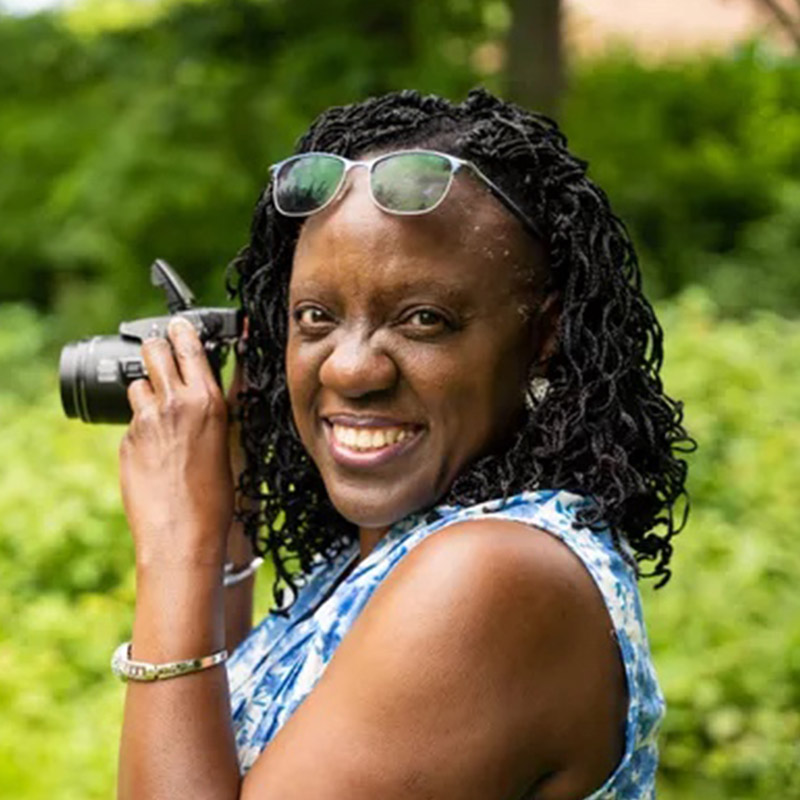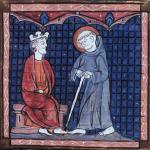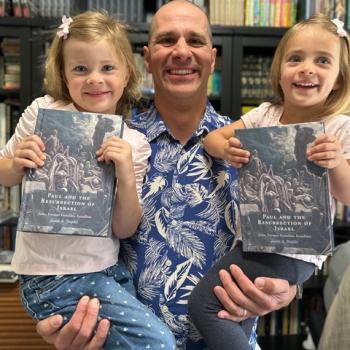Lessons from leap years and heroes of faith

What you don’t know about time may surprise you. Do you know the exact time right now? How many days are in a given calendar year? How about a month?
I addressed the reality of uncertainty in a recent article. The discussion continues in this current essay
from the perspective of our perceptions of certainty.
Let’s start with some questions and answers.
Q: How many days are in the month of February?
A: 28, except in a leap year, when there are 29 days.
Q: What is a leap year?
A: A leap year occurs every four years. We add a day to the calendar to make up for the fact that a year is actually more than 365 days. It’s 365 and a quarter days (approximately). If those extra hours aren’t accounted for over time, the difference between the human and solar calendar would be significant. After 100 years, spring would be summer, summer would be fall, and we’d be really messed up.
Q: How do we determine which years are leap years?
A: That’s easy! Years that are exactly divisible by four.
Q: So why were 1700, 1800 and 1900 not leap years?
A: Well, you see…. years that are divisible by four are not leap years if they are divisible by 100.
Q: Really? So why was the famous Y2K (2000) a leap year?
A: Ok, so it turns out that if a year is exactly divisible by 4 and 100, it actually is a leap year if it is exactly divisible by 400.
Q: If it’s that complicated to figure out something as basic as the calendar, can we really be certain about anything?
Does science provide certainty?
In an essay titled Does Anybody Really Know What Time it Is?, Robert Roy Britt goes into extensive detail about the history and reasoning behind leap years.
We would like to think that the measurement of time is something that is very precise and accurate, but as we can see from the discussion above, this is not the case. While beyond the scope of this discussion, in addition to leap days, leap seconds are also added into our calendar to make up for the discrepancies.
Dr. Ellen Langer, a Harvard psychologist, in her discussions about uncertainty reminds us that one plus one does not always equal two. She gives the example of adding one pile of laundry to another pile of laundry. The result? One pile of laundry. (Just a bigger pile, I would add). But it’s still just one pile. So, can we say that one plus one is always two? Perhaps a more accurate answer would be “it depends.” If you are adding abstract numbers, yes, one plus one equals two. But in the real world, we are often dealing with more than just numbers.
The problem with certainty
Some people maintain that they believe in science rather than God, as if the two are mutually exclusive, or as if science provides absolute certainty. If only they understood that science is based on probabilities and assumptions. Many things scientists were once “certain” about have been proved wrong. Medical interventions that were once the standard of care are no longer acceptable, and in some cases, even dangerous.
Certainty can be an issue both within and outside religious and circles. In an essay about how nonbelievers are just like the Christians they despise, Dan Foster writes:
“Fundamentalism is not just a religious problem. It is clinging so tightly to the basic principles of any subject, ideology, or discipline that you cannot tolerate anyone who doesn’t agree.”
When our certainty prevents us from tolerating others who disagree, or from even entertaining the idea that we could possibly be wrong, then we have a problem.
The evidence of things not seen
Some people may argue that faith equals certainty, quoting the verse below.
“Faith is the substance of things hoped for…… the evidence of things not seen.”
– Hebrews 11:1 (KJV)
It’s important to read verses in their proper context. This chapter of Hebrews lists several men and women who were acknowledged for their faith, regardless of the eventual outcome. They were commended for their faith, not their certainty in a specific outcome.
“These all died in faith, not having received the promises, but having seen them afar off, and were persuaded of them, and embraced them, and confessed that they were strangers and pilgrims on the earth.”
Hebrews 11:13 (KJV)
Having faith doesn’t mean we have all the answers. Rather, our faith should be what sustains us through the challenges and uncertainties of life. Even when it comes to things we can see, hear and touch, our knowledge is still extremely limited.
We don’t really know what time it is
Back to the leap year issue, remember the statement earlier in this essay about a year being a 365 and a quarter days? Well, a quarter day would be 6 hours, so a day should be 365 days and 6 hours, right? But that would be too simple. A day is actually 365 days, 5 hours 48 minutes and 46 seconds long.
If you are confused by the discussion around how we determine which years are leap years, it was nicely summarized by Grant Piper in this essay. In plain English, a leap day is skipped approximately once every 100 years, except for every 400 years. And according to Robert Roy Britt, the exact, official correct time on earth is actually determined a month after it is measured, meaning we don’t really know what time it is right now. That should keep us humble.


















